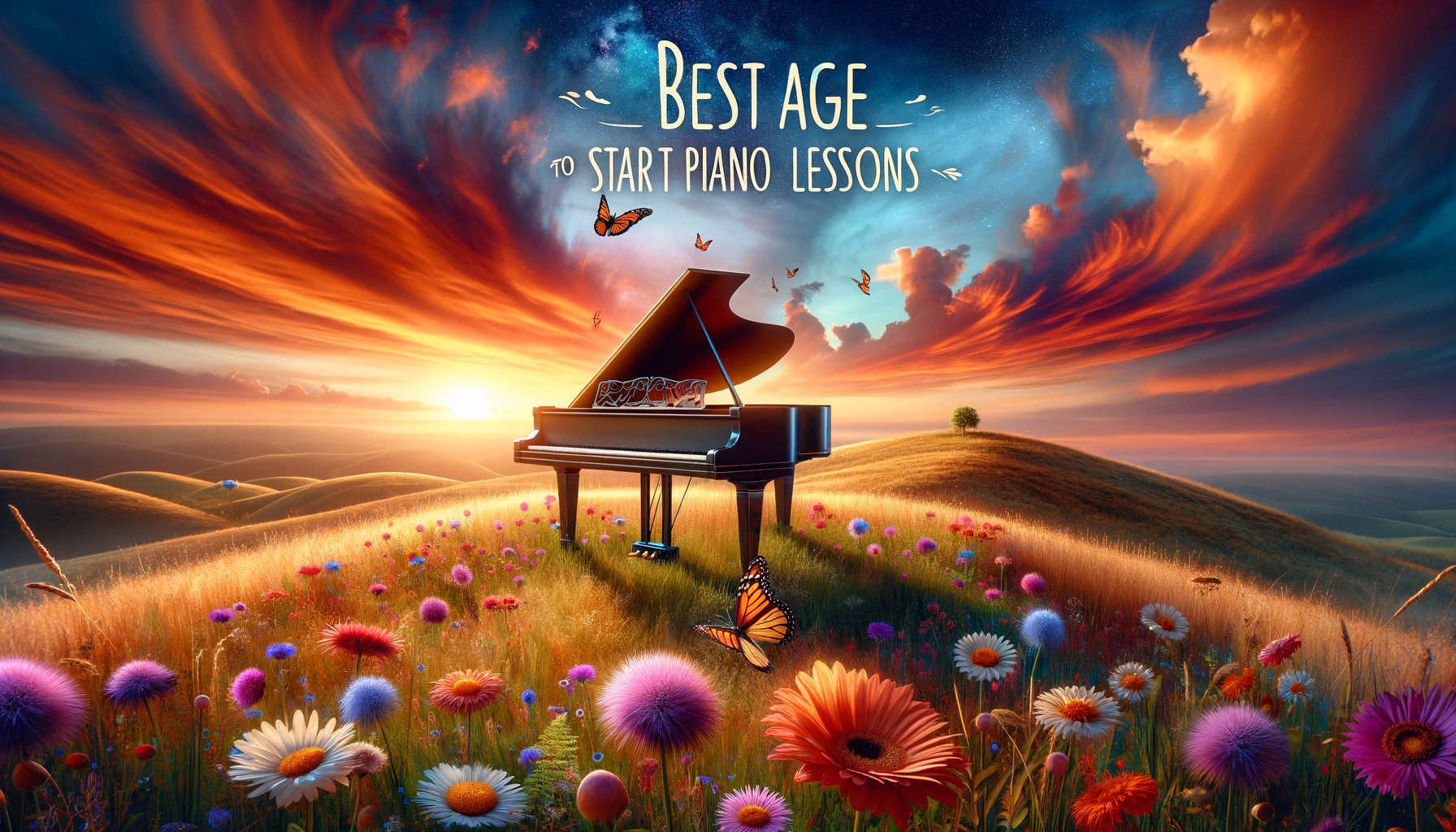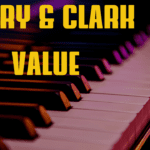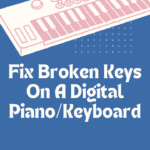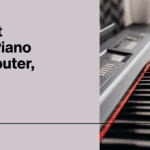Determining the ideal age for a child to begin piano lessons is a common question many parents face. Assessing a child’s readiness for starting lessons depends on physical, mental, and emotional maturity. While some children may show interest in piano at a very early age, most experts agree that ages 6-9 tend to be an optimal window for beginning lessons. However, children both younger and older can certainly benefit as well.
When considering the best age to start lessons, it is important to look for key signs that a child is ready to take on the challenge of learning an instrument. Hand size, attention span, interest in music, and ability to follow instructions are all important factors to evaluate. Beginning lessons at the right developmental stage can set a child up for success and turn piano into a rewarding, lifelong passion.
Fundamentals of Beginning Piano Lessons

Prior to determining the ideal age to start lessons, it is helpful to understand some of the core requirements of learning piano as a beginner. Certain physical and mental abilities are needed in order to progress on the instrument. While some of these skills can be developed over time, others are dictated more by physical development and maturity.
Physical Requirements: Hand Size and Finger Independence
One of the primary physical requirements for learning piano is having hands large enough to comfortably reach a five-note span on the keyboard. Small children’s hands are often unable to stretch and position fingers independently on the keys. Proper hand size and finger dexterity allow beginning students to play scales, chords, and melodies without strain or limitation. Children around age 6 often have hands that are ready for the full range of notes.
Finger independence is another important skill pianists must develop. Being able to move the thumb and pinky independently is challenging but essential for playing. Younger children may struggle with this level of fine motor control. But this can improve with age and targeted exercises.
Cultivating Interest in Music
Beyond physical skills, mental and emotional readiness is key. Children who are excited about music and passionate to learn tend to thrive at the piano. Starting lessons too early runs the risk of frustration, impatience, and disinterest. Nurturing a love of music from an early age, perhaps through singing songs or listening to recordings, can help spark an intrinsic motivation.
The Role of Reading Skills in Learning Piano
Reading musical notation is a fundamental part of playing piano. Children need basic reading comprehension in order to understand written music. While very young children can learn by ear, reading music opens up the instrument enormously. Solid reading skills, both language and music, typically develop around age 6 or later.
Ideal Age Range for Starting Piano Lessons

While readiness can vary substantially by child, certain age ranges tend to align well with the abilities required to start lessons. School-age children generally have the physical and mental tools to begin successfully learning piano.
Focus on Ages 6-8
Many piano teachers and experts agree that starting lessons between ages 6-8 is an excellent window for most children. At this age, kids have grown enough to comfortably reach the keyboard and develop finger independence. Their reading skills have advanced to the point of understanding basic music notation.
They are also cognitively mature enough for the discipline required to practice effectively each week. Many children in this age range are very motivated to begin lessons like their older peers.
Starting Piano Lessons for Teens and Adults
While starting as a young child has advantages, beginning lessons as a teenager or adult can work very well too. Adult learners bring more self-discipline and life experience to practicing. Some physical skills like flexibility may be harder to develop with age.
However, adult beginners can progress quickly, especially if they have musical experience from childhood. Patience and measured goals are important when beginning later in life. But piano can be learned successfully at any age.
Addressing the Concern: Is it Ever Too Early or Too Late?
Outside of the typical recommended age range, parents may still have success with lessons. Some gifted 4-5 year olds may be ready to start lessons. However, very young children require customized teaching approaches. Lessons must be kept short with tangible rewards to maintain interest. If a child is not progressing as hoped, it may be better to take a break and resume in a year or two.
For adults well into middle age or beyond, concerns may arise that it is too late to learn an instrument like piano. But with a patient teacher and reasonable goals, even seniors can make excellent progress and enjoy playing. While dynamic technical skills may be harder to acquire, adults have the cognitive ability to learn complex musical passages.
Guidance for Parents and Beginners

Determining when to start lessons can be challenging. Here is some guidance both for assessing if a child is ready, as well as what beginners can expect from lessons.
How to Determine If Your Child is Ready
Look for these key signs of readiness before committing to lessons:
- Hand span reaches five white keys
- Ability to move fingers independently
- Demonstrates interest in music or instrument
- Can focus for 10-15 minutes
- Has basic reading fluency
- Responds well to instructions
If your child struggles with these, they may benefit more from waiting a year and developing further. Re-evaluate periodically for signs of readiness.
Benefits of Piano Lessons for Young Children
For children who start lessons early, piano can provide many developmental benefits beyond music:
- Improved hand-eye coordination
- Enhanced concentration and memory
- Increased math and reading comprehension
- Better listening and fine motor skills
- A sense of accomplishment and confidence
What Beginners Learn from a Piano Teacher
Beginning piano students start with fundamental skills:
- Hand positioning and posture
- Note reading and rhythm
- Finger numbering and dexterity
- Music symbols and vocabulary
- Playing basic scales, chords, and melodies
Good teachers make lessons active and engaging, adding games, duets, and incentives as they go. Parents can support practice at home and celebrate small successes.
Conclusion: Embracing the Journey of Learning Piano at Any Age

Determining the perfect age to start piano lessons is highly individual. While many thrive beginning as school-age children, others progress remarkably starting as teens or adults. As long as basic physical and mental requirements are met, a student can have great success at any age. Parents can foster love and excitement for music from early on. Teachers can adapt methods to students’ abilities and goals. With patience and encouragement, the journey of learning piano can be joyful at any age.
The Universal Appeal and Accessibility of Piano Lessons
What makes piano so appealing to learners of all ages is its diversity and accessibility as an instrument. From simple folk and pop tunes to advanced classical masterworks, there is music to engage everyone. The layout of the keyboard makes it intuitive to learn. Notation builds logically from simple to complex. For those who dream of playing, piano welcomes all who are eager to start the journey.
Encouragement for Late Starters
Beginning piano as an adult or senior should not be intimidating. With a compassionate teacher and reasonable goals, even those starting late can connect meaningfully with music. Consistent practice and celebrating small milestones helps to build confidence and skill overtime. Patience is key, as some skills may come slower. But the rewards of perseverance and musical expression make piano lessons worthwhile at any age.





